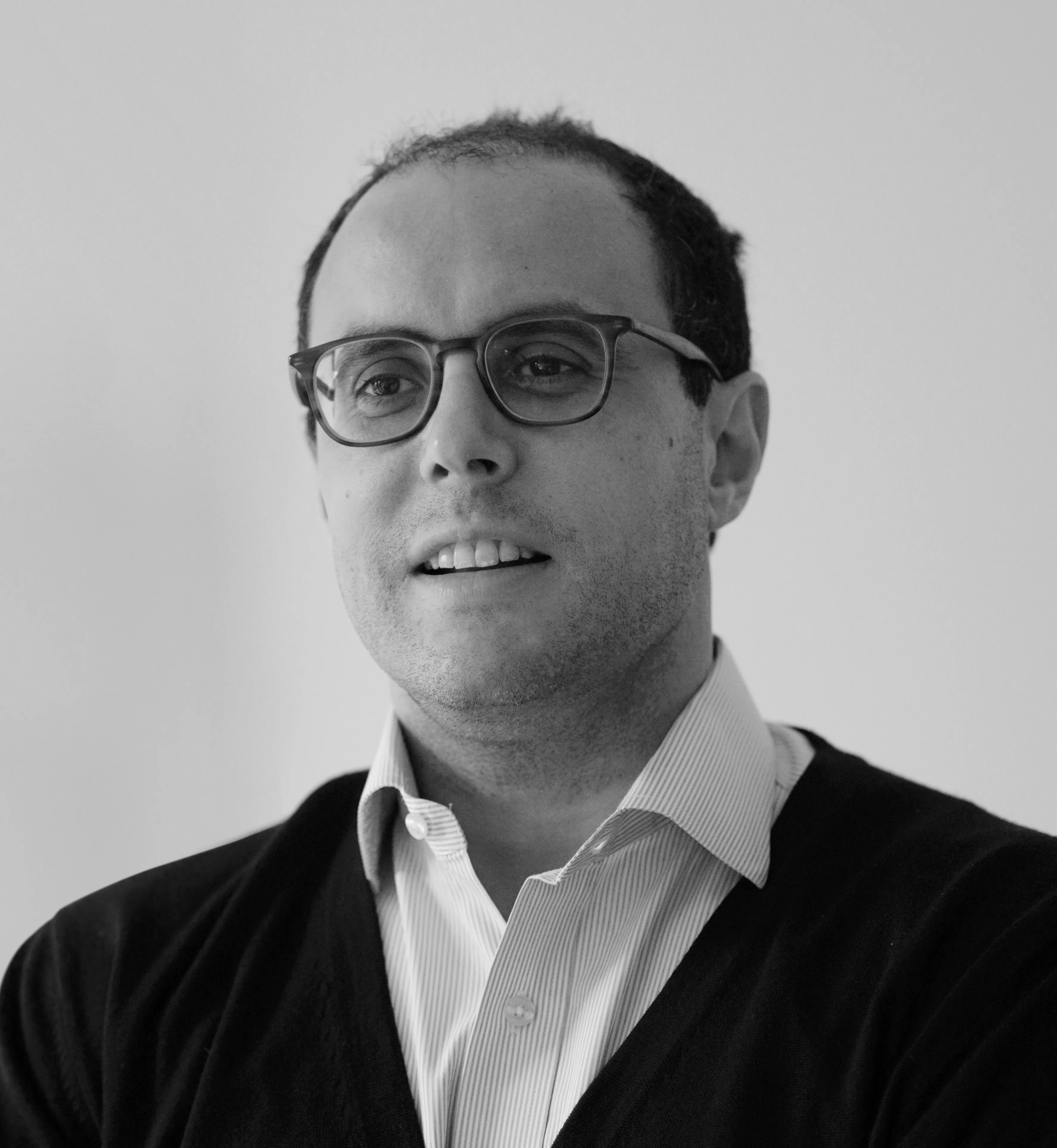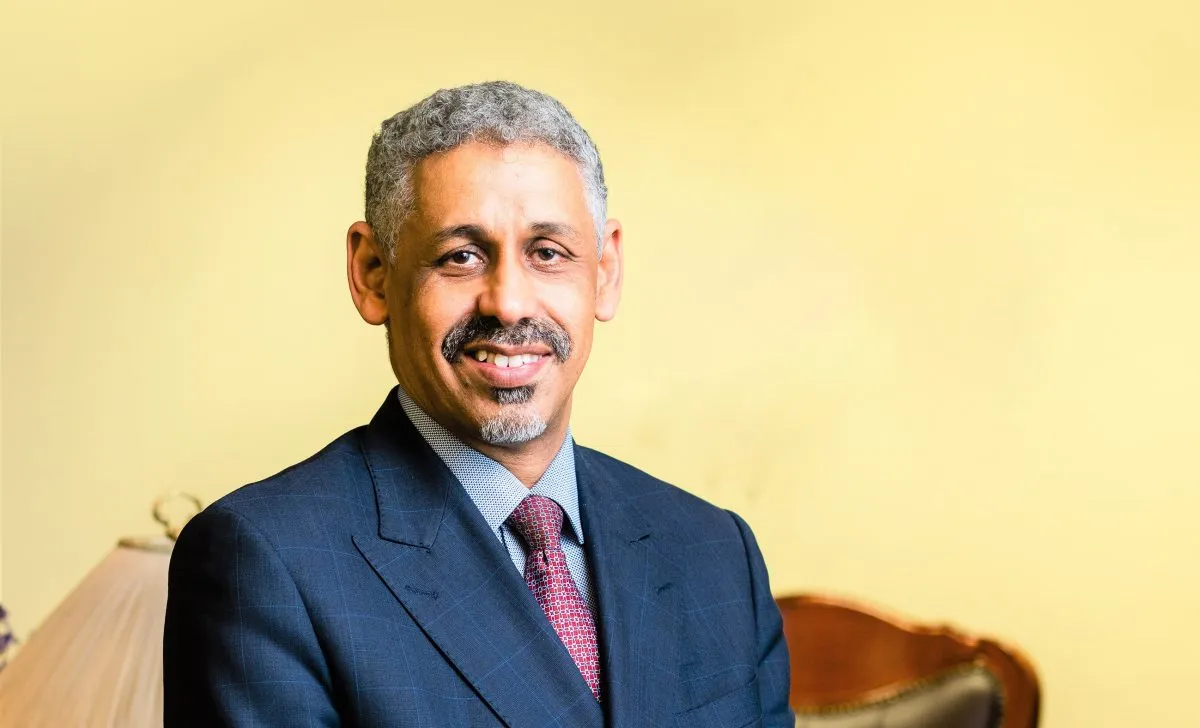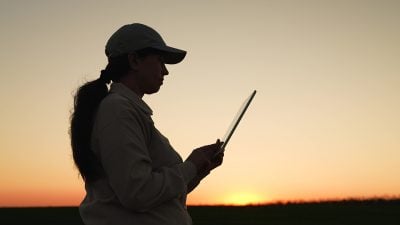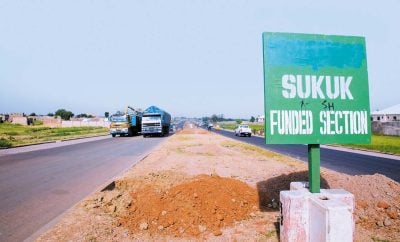
The Arab Bank for Economic Development in Africa (BADEA), established in 1975, plays a unique role in African finance. A creation of the League of Arab States (now the Arab League), 18 of which are shareholders, the bank seeks to direct finance from the Arab region into Africa, helping fund infrastructure, development and more recently, trade and micro, small and medium sized enterprises, the beating heart of the African economy.
Dr. Sidi Ould Tah, president of the bank since June 2015, says it has been important to boost the bank’s capital and diversify its assets in order to position it for a more ambitious future. “The bank has been operating in the public sector space for decades, but in the last few years we have been engaged in supporting the private sector and trade operations. So part of the transformation we have been going through is to do with the type of assets we have on our balance sheets,” he explains.
With an authorised capital of $20bn and currently rated AAA by the Japan Rating Agency, AA2 by Moody’s and AA by S&P, BADEA is now one of the strongest development finance institutions (DFIs) on the continent. It has also established powerful links with other continental institutions such as Afreximbank, TDB and Africa50.
Read our report on Africa’s Top 100 Banks in 2023
Four pillars of African development
The Bank’s strategy, BADEA 2030, reflects both the UN Sustainable Development Goals as well as the aspirations of the African Union’s Agenda 2063.
The strategy, Ould Tah explains, is the result of extensive consultations with all its beneficiary countries, civil society, experts and the private sector. It is based on the development of four main pillars: infrastructure; value chains (principally in agriculture); micro, small and medium-sized enterprises (MSMEs); and trade.
These pillars are an indication of what the bank believes will shape the African economy going forward. Infrastructure, for example, is an area in which Africa lags well behind and needs accelerated investment. Previously, this asset class was the one the Bank was mostly involved in financing, largely through public-sector lending or grants. Now the Bank is working on strengthening the other critical sectors it has identified as the major development pillars; for example building strong value chains and increasing trade is crucial to the continent’s transformation.
Among other benefits, it will spur the processing of minerals locally and help lay solid foundations for an industrialised future. It will ensure the success of the African Continental Free Trade Area (AfCFTA), increase exports and make Africa a much more significant player on the global stage.
In this context, the Bank is involved in a number of agriculture-related projects such as rice cultivation in Senegal and cocoa in Ghana and Côte d’Ivoire. However, it is not limiting itself to soft commodities and has projects also in the extractive industries.
The World Economic Forum estimates that in Africa, MSMEs account for up to 50% of GDP and 80% of employment. Despite this, MSMEs in Africa receive only about 20% of funding that is disbursed to the private sector, Ould Tah says, quoting a report from management consulting firm, McKinsey & Company.
The cardinal reason for this, Ould Tah says, is that while there are a lot of initiatives to support the sector, they are not conducted in coordinated, joined-up ways that could guarantee greater effectiveness.
“What we noticed from our interactions is that many players are operating in silos. So banks are providing financing solutions which are not always the right fit. Some of the players are providing capacity development, while others are providing guarantees.
“Our approach is that we need to see all the players sitting at the same table to agree on a joint, holistic approach to tackle the needs of MSMEs, from capacity through finance to market access.”
BADEA is planning to set up a common platform for stakeholders, which will include African guarantee funds. Ould Tah expects the Mastercard, Rockefeller and Gates foundations to join forces to craft and implement a holistic strategy to support African MSMEs.
Operating philosophy
The Bank’s strategic approach is based on partnerships with other African development finance institutions. “We have increased our participation in the Africa Export-Import Bank [Afreximbank], for example, where we are now the second largest Class C shareholder after China Exim Bank. We have also deployed resources with Trade Development Bank, Africa Finance Corporation and Africa50’s Infrastructure Acceleration Fund.”
The Bank also took a bold step in supporting capital increase at the West African Development Bank (BOAD) by providing $400m for governments to increase their shareholding.
BADEA’s operating philosophy, he says, is that no one institution has the magic bullet that Africa needs. “That is why we are working with all the DFIs to develop joint programmes and to help strengthen their capital base so as to maximise the benefits for Africa.”
The Bank’s focus is currently trained on public-private partnerships, partly in recognition of the debt crisis that many African states are grappling with.
This new reality is one that African DFIs, including BADEA have to contend with. “This is a new situation which requires a different approach from DFIs. There’s a G20 report on multilateral development banks (MDBs) that is full of lessons for us to really develop a new mechanism. “So we are working very closely with many DFIs in the region to come up with innovative approaches through which we can contribute to funding the needs of African countries without adding to the debt burden.”
Some of these plans, now under consideration, are likely to be revealed at the COP28 climate conference in the United Arab Emirates in November, 2023. Looking to the future, Ould Tah says: “We have been able to catalyse very significant volumes of resources from Arab funds into Africa. On average, for every $1 from BADEA, the bank has been able to bring in $4 from other institutions.”
Seeking out partnerships
The Bank’s plan is now to scale up its interventions and affirm its role as the main bridge between Africa and the Arab region. The forthcoming Arab-Africa summit in November in Riyadh – which is where BADEA will now be headquartered given instability in Sudan – will be an opportunity to strengthen economic ties between the two regions.
The Bank will also be seeking out partnerships with other DFIs and institutions that have the capacity to bring solutions to the continent because “what is important to us is impact.”
Ould Tah continues to be upbeat on Africa’s prospects despite the current setbacks. He cites improvements in the way that African governments and the private sector are approaching development issues.
He points to the increasing capacity of African DFIs to fund big-ticket projects, the benefits of the AfCFTA and the determination to process minerals locally and build regional value chains, such as the DRC / Zambia project to produce battery precursors.
BADEA provided some of the funding for the ongoing feasibility study. “We do believe that the continent has huge potential to develop and there is also an increasing will to structurally transform African economies. I see a lot of optimism and dynamic action from African DFIs. Africa is rising in spite of the difficulties and we are quite sure that over the coming years, the continent will turn in the right direction and will be able to overcome all the difficulties that it is facing correctly.”
Want to continue reading? Subscribe today.
You've read all your free articles for this month! Subscribe now to enjoy full access to our content.
Digital Monthly
£8.00 / month
Receive full unlimited access to our articles, opinions, podcasts and more.
Digital Yearly
£70.00 / year
Our best value offer - save £26 and gain access to all of our digital content for an entire year!

 Sign in with Google
Sign in with Google 



